Source: Gift from Anna
Hardcover, 272 pgs
On Amazon and on Kobo
Stella Bain by Anita Shreve, which was the War Through the Generations August read-a-long book, is set during WWI. When the novel opens, a woman who has been wounded finds herself in a field hospital in Marne, France, in 1916. She was found in the uniform of a British nurse’s aide, but has an American accent and cannot remember her own name. As she grapples with her lost memory and identity, she plucks Stella Bain from her mind and begins to call herself such, even though she knows it may not be her real name. Stella continues to work alongside the French women near the front and eventually volunteers as an ambulance driver. Her jumbled mind takes a back seat to her duties at the front, but eventually, she feels drawn to England and the Admiralty, though she’s not sure what she’ll find there or if she will uncover anything about who she was.
“‘No. Nothing is normal. How can it be? I don’t yet know who I am. I may discover, when I know my identity, that I’m not a good person at all. I fear that I’m not. I seek my identity, and yet I’m afraid of it. But I’m more afraid of never knowing.'” (page 75)
Stella learns her true identity, and her true name is a near-anagram of the one she had chosen for herself. When she learns of her identity and all that she frantically left behind in the United States, she must make passage home. While Dr. Bridge and his wife, Lily, helped her to be calm and recover her name and identity, they are left behind in England without so much as a goodbye from her. However, she never forgets their kindness and through letters, readers are given insight into her gratitude. Shreve’s prose in this novel is distant. While we see Stella’s point of view, readers are still distanced from her, which could be intentional given the absence of her memories and true identity. In many ways, as the mystery unravels and readers learn more about the woman without a name, she becomes an everywoman for those women leaving during the early 1900s — caged in by marriage and family, but yet yearning for something outside of their home and legally allowed to own their own property.
Stella Bain by Anita Shreve is not just about a woman with shell shock or a lost memory, but a woman in an era where the modern world was just beginning to take shape. A world in which women were fighting for independence from their families and husbands, to live lives as they wished to without seeking permission or approval. Overall, while the ending could leave some readers wanting more, the novel would make for an excellent book club discussion.

Anita Shreve is an American writer. The daughter of an airline pilot and a homemaker, she graduated from Dedham High School in Massachusetts, attended Tufts University and began writing while working as a high school teacher in Reading, MA.
Interested in the read-a-long discussions at War Through the Generations, go here; though there will be spoilers.

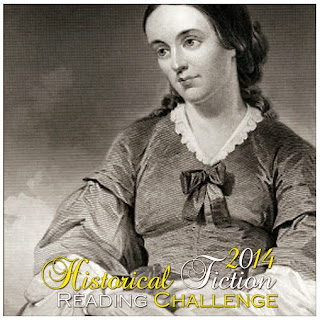



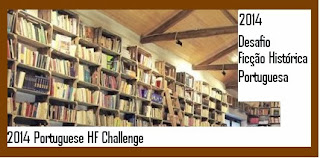




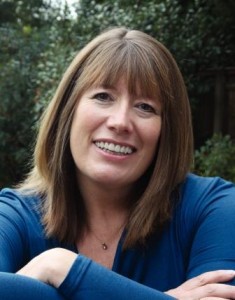



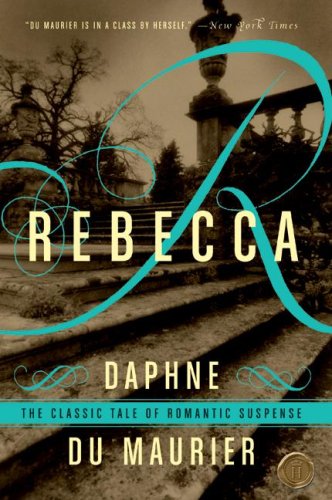
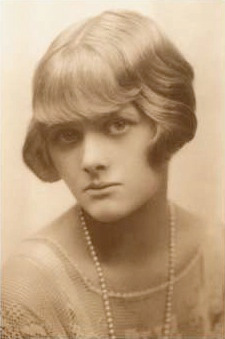 About the Author:
About the Author:
 About the Author:
About the Author:

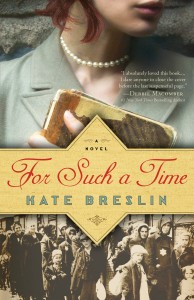
 About the Author:
About the Author:







